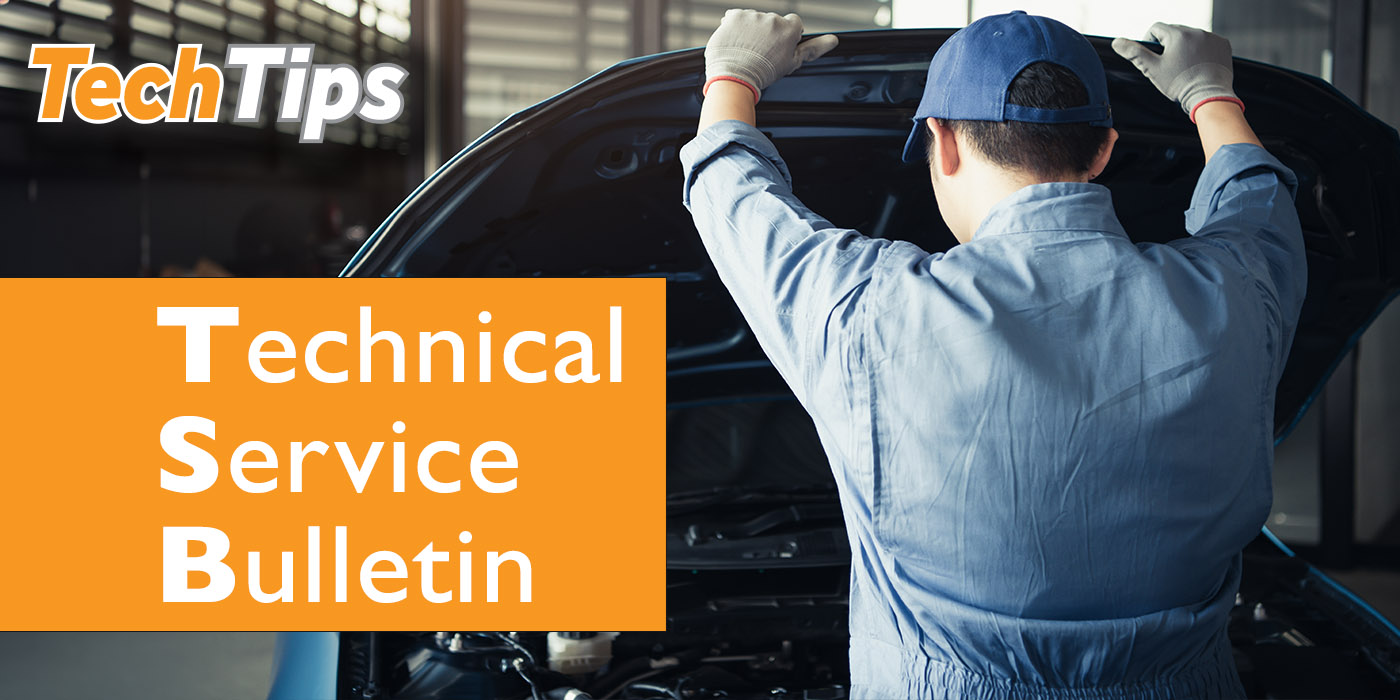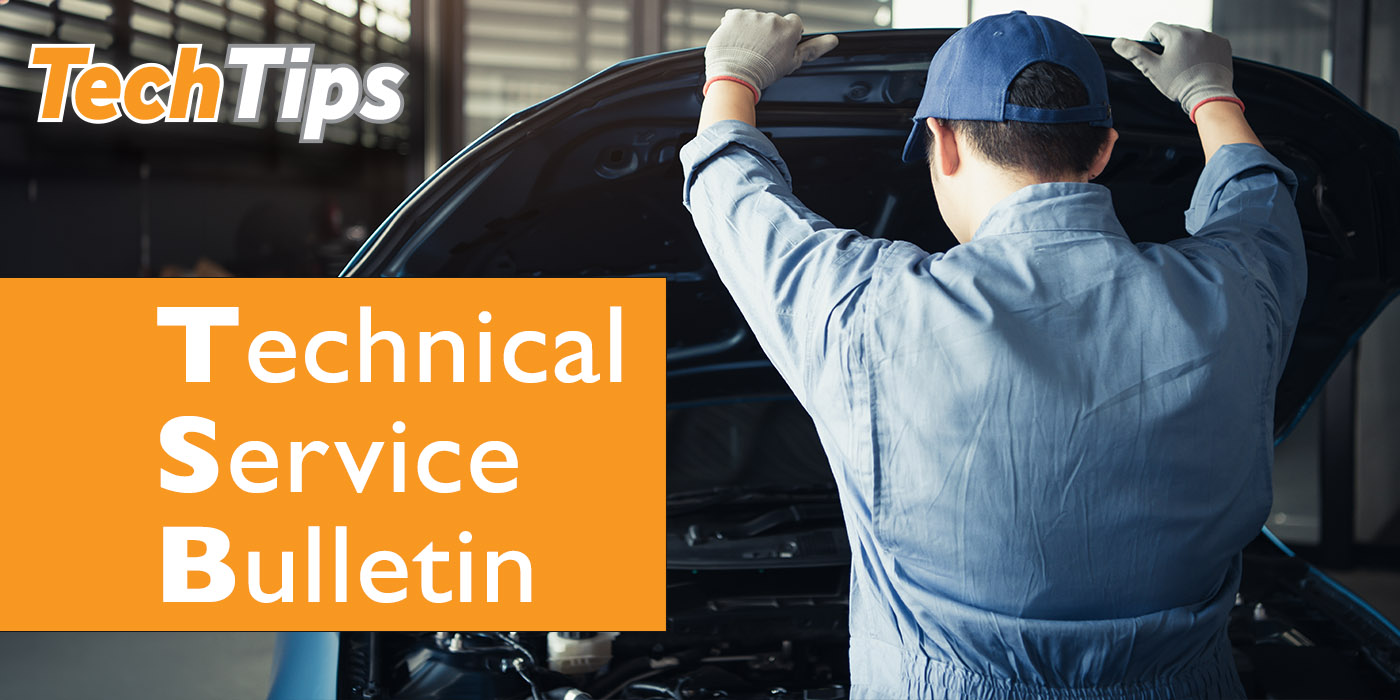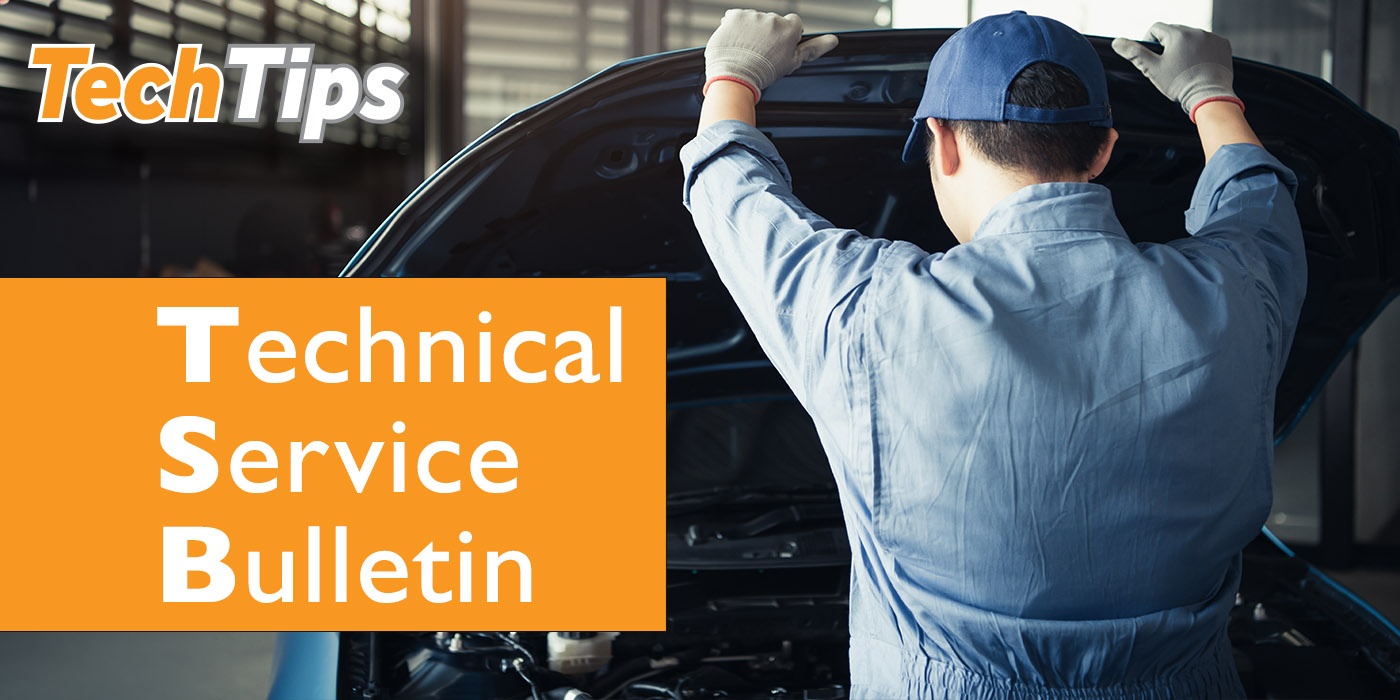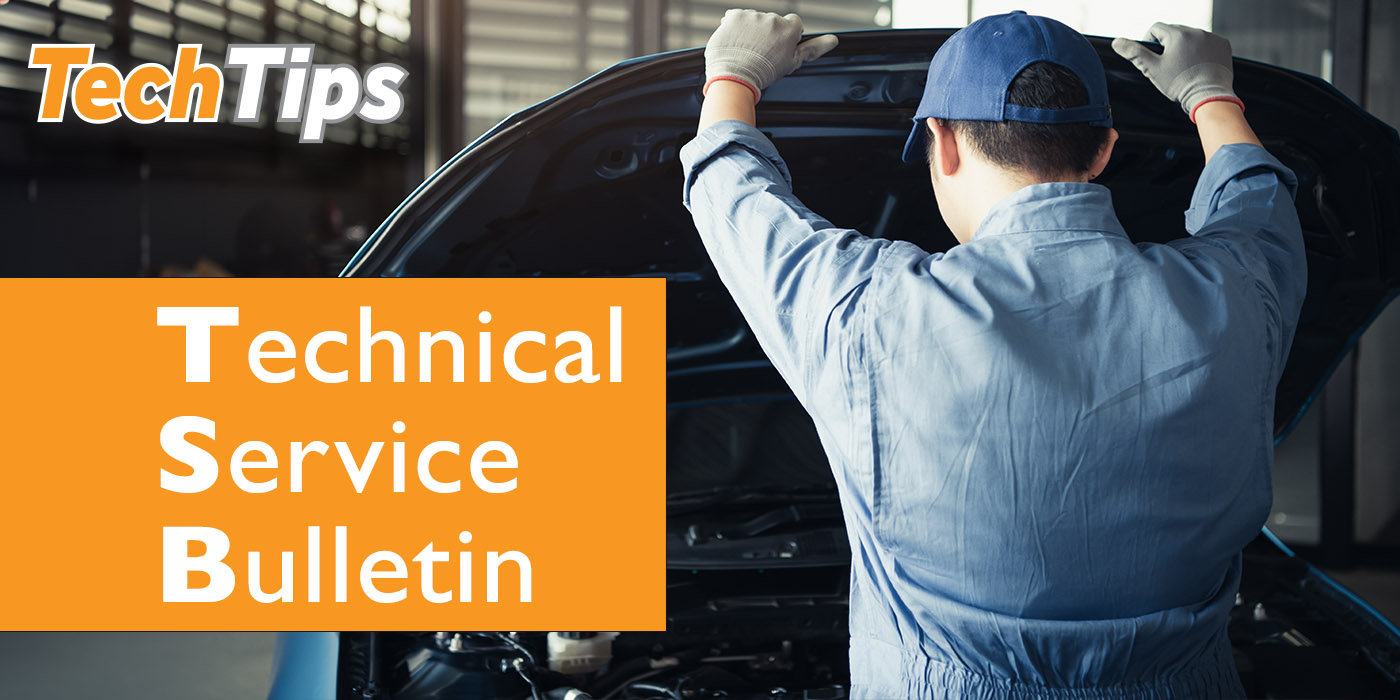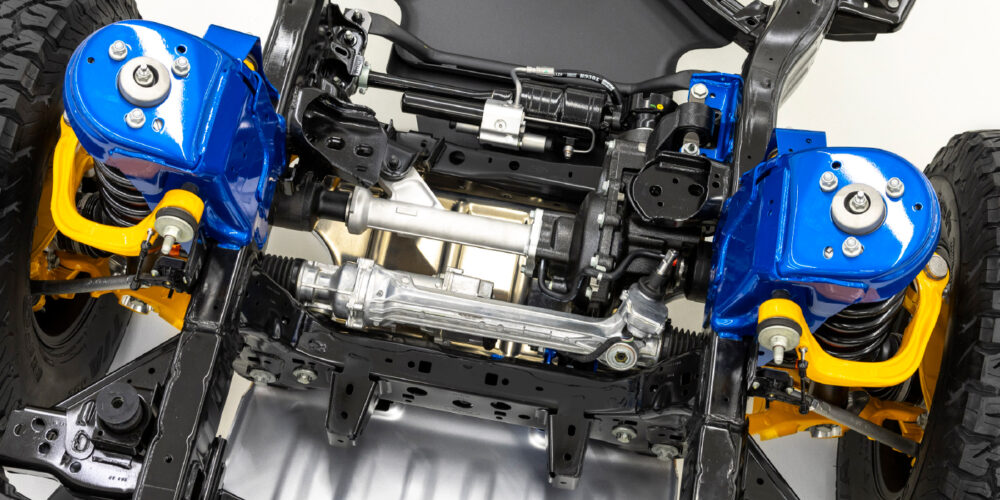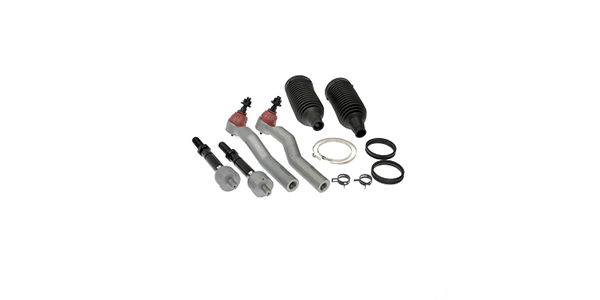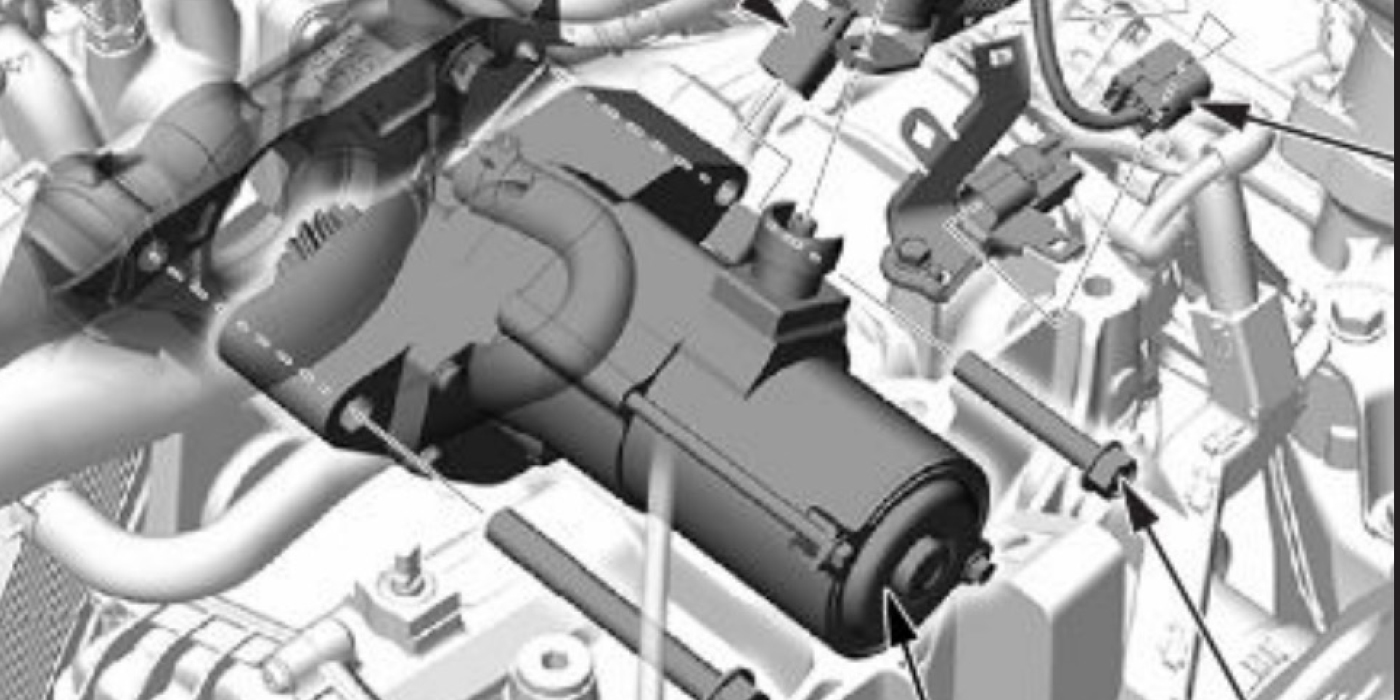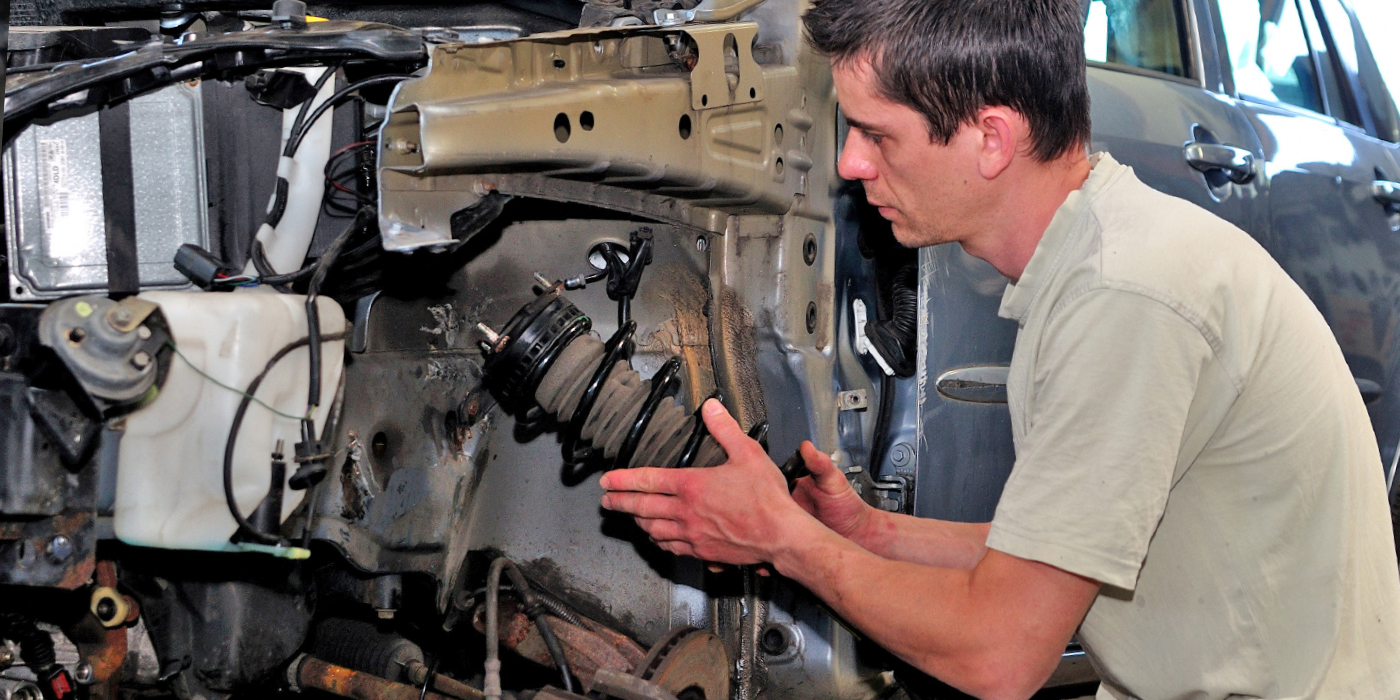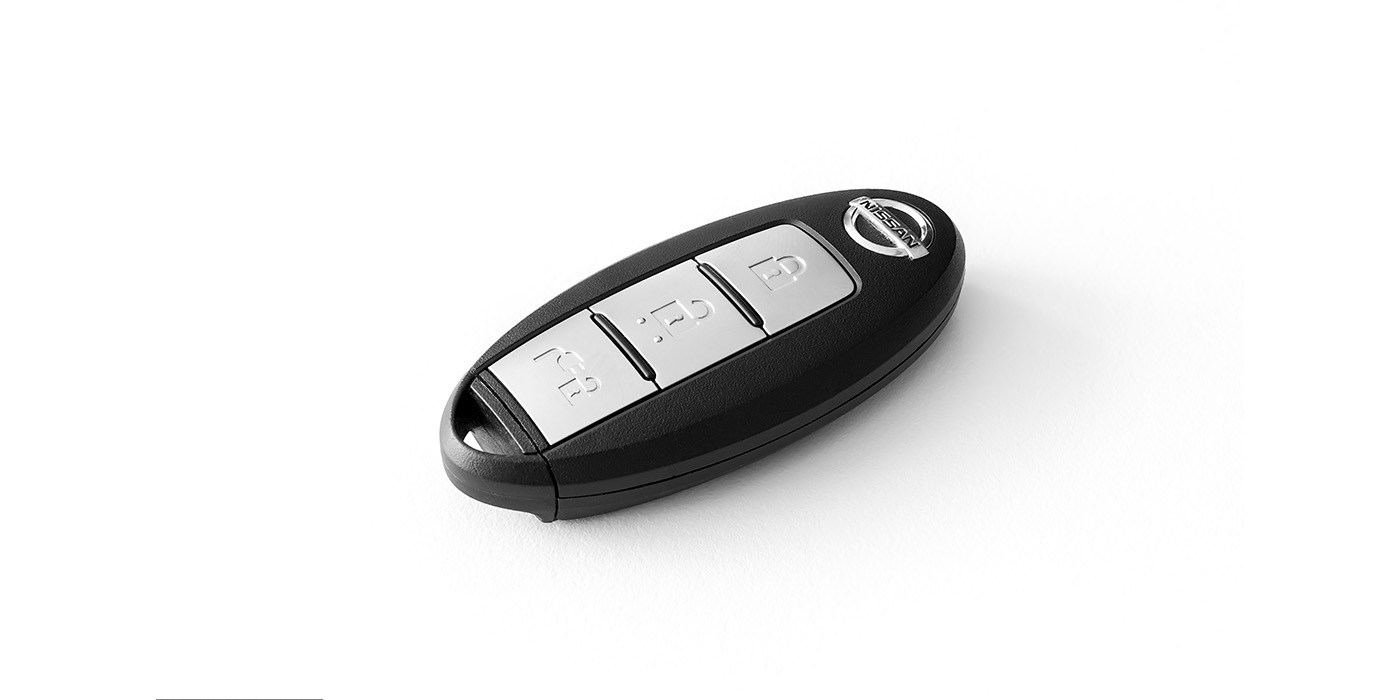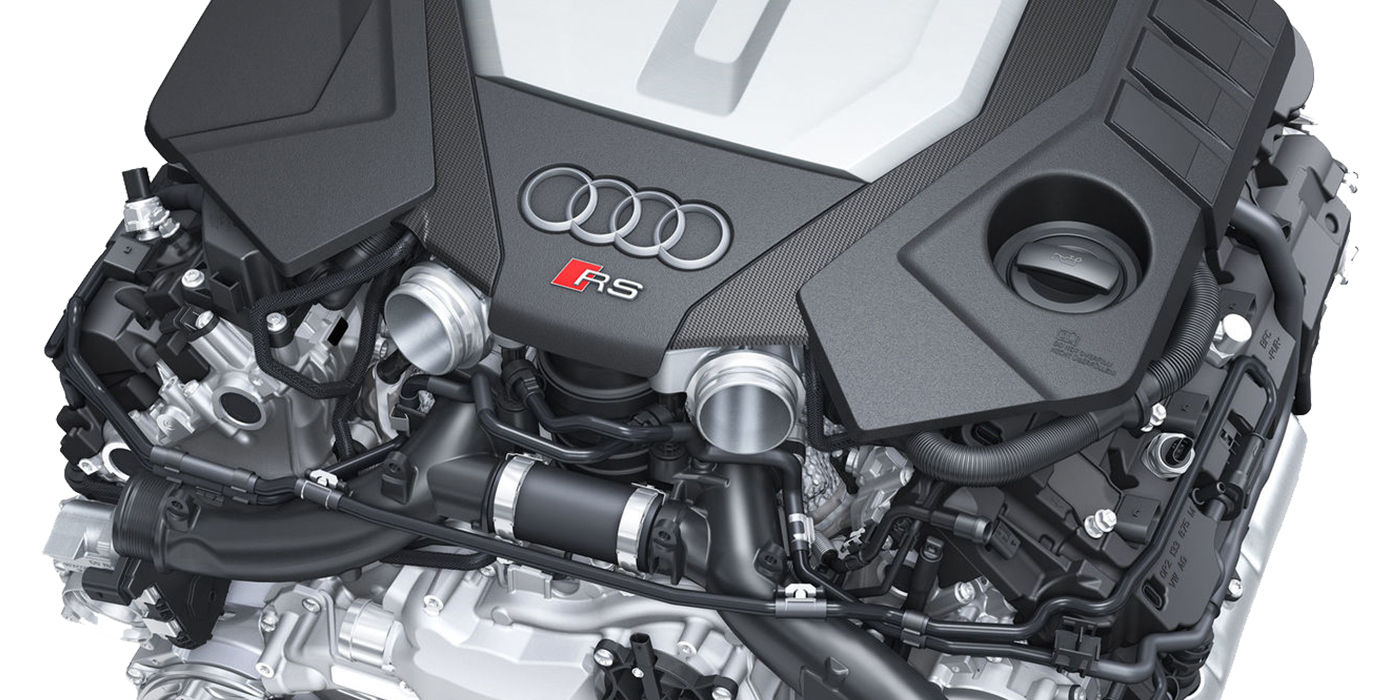Test Drive Diagnostics
Test drives on the surface can seem like one of the most unprofitable tasks a technician can perform. But, test drives can be one of the most profitable processes a shop can do to help sell more service. You just have to have procedures and training in place so a test drive is more than just seat time.
Today, a test drive is critical in spotting worn suspension and brake components on late-model vehicles. Unlike older vehicles, shocks and struts are shielded by a lot of plastic to protect the rods and seals. This can make looking for a leak more difficult. Even if there is not a leak, a lot of the wear on a modern shock and strut happens internally. The oil and valving inside a strut can wear out. Also, the gas chamber can leak and mix with the fluid.
Another issue test drives can help diagnose is problems with the bushings. Modern vehicles have larger bushings that are designed to isolate vibration and harshness. While they may look fine to the naked eye, deflection due to wear may only be experienced on the test drive.
Test Drive Tools
When you don’t perform a test drive, you are neglecting your most powerful inspection tool: the perspective of an expert. A technician or service writer behind the wheel of a customer’s vehicle brings fresh perspective to the vehicle’s ride that the customer may not notice.
A good test driver will be able to observe conditions or problems with the vehicle that may have developed so slowly that the owner is unaware of them, such as degraded shocks and struts. One of the keys to becoming a good test driver is to find a driving “loop” or route that has a variety of road conditions. A predetermined loop adds a consistency that helps you spot small problems.
Before the test drive, you should have a clear list of symptoms and related conditions the customer might be experiencing. On the test drive, you should have a clear and methodical checklist that will help gauge the need for ride control component replacement and other unperformed repairs.
The Loop
Before you get behind the wheel of a vehicle for a test drive, make sure it is safe. Look at the gas gauge to make sure it has enough gas. Check the tires and make sure items inside the vehicle are secure. Last, make sure the lights work. Nothing is worse than getting pulled over by the police in someone else’s car.
For suspension road tests, your test loop should consist of sections: a flat and straight section; an area to test braking and acceleration; an area with a dip or bump; and an area that offers both left and right turns.
During the test drive, avoid high-traffic areas and rush hour. Use a parking lot or rarely used section of road for the braking and acceleration section of the test. This test is used to detect brake pulls, torque steer and worn or loose suspension or steering components.
Developing a methodical and consistent test drive loop and procedure can improve your chances of coming back from a test drive with an understanding of the problem the owner is experiencing. Also, a plan and a loop can eliminate distractions that could lead to an accident.


